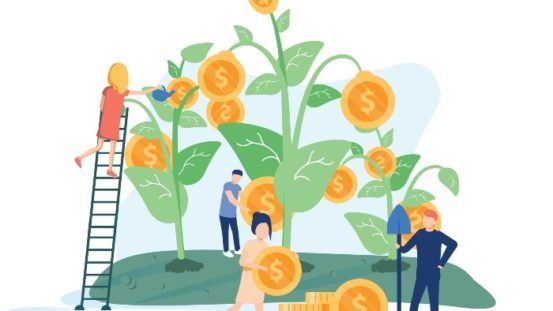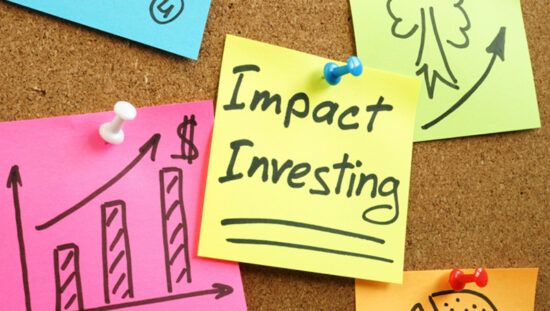A little bit more alpha in the short term is not the point when it comes to environmental, social, and governance (ESG) investing, according to a former UK government economist.
Founder and chief investment officer of advisory firm ABP Invest, Thanos Papasavvas, said ESG investing was about the added and positive elements investors could bring in.
“If you just look at it as generating alpha, you’re missing the point. ESG and impact investing is beyond alpha,” he said.
Papasavvas said the industry needed more time to assess the benefits of applying ESG factors to portfolio construction as currently ESG investments are concentrated in lower-yielding, ample liquidity environments in the broader economy.
“Some asset owners and asset managers are committed to this but whether it is generating us a little bit more alpha in the near term is not the point,” he said.
“The future is not going to be all white, middle-aged men. I think this is an important fact to consider going forward.”
He said that growth in ESG investing would be required in the developing world by 2050, particularly in China, India, and Africa.
“So, it’s up to us really to ensure ESG sustainability going forward, and really making it into a process and a belief, rather than just talking about it. Just relying on our own habits here in the western world is not going to be sufficient,” Papasavvas said.
“The future is not going to be all white, middle-aged men. I think this is an important fact to consider going forward.”
He said the growth in China, India, and Africa was where investors needed to focus.
“By 2100 the world’s population is going to be 11 billion, of which half of that roughly is going to be in Africa. So, Africa is going to be coming through into that scene,” he said.
Papasavvas noted that ESG progression would be slow and a longer time horizon was needed for ESG targets.
“Being realistic, 2040 will be more like the end of the century. If we’re targeting anything it should be 2060, 2080, 2100. 2040, if you think about it, it’s twenty years from now. It’s not that far,” he said.
“Even 2100 is not that far. It will take time, and [Donald] Trump is not going to make it easier, so, we need to see beyond Trump.”
Recession in 2021
On US President Donald Trump, Papasavvas said he believed Trump would win the presidential election in 2020 and while the US economy would continue to do well there would be a gradual slowdown.
“I think we’re going to be seeing a gradual slowdown in the US economy, not the same levels, but we won’t be having a US recession until 2021,” he said.
Papasavvas said a 2021 US recession would happen due to a combination of economics and politics.
“Even if we see the economy slowing down in terms of the US, he [Trump] will intervene, whether from a fiscal perspective or through infrastructure projects with Democrats and this will push the recession into 2021. It’s going to be politically motivated,” he said.
“In terms of Europe, I do not see a recession in Europe – I see a slowdown. China will not have a recession and if there is a full-blown trade war between China and the US, China will win.
“President Xi does not have the term limits, he controls the messaging, in terms of the broader country. The tools that he can use are, it’s a planned economy, so, he can focus in the areas which are weakening, and focus on more domestic growth.”
Papasavvas noted, while unlikely, China had an option of selling treasuries if they were pushed to the corner.
This article first appeared on ESG Clarity‘s sister site, Expert Investor.








